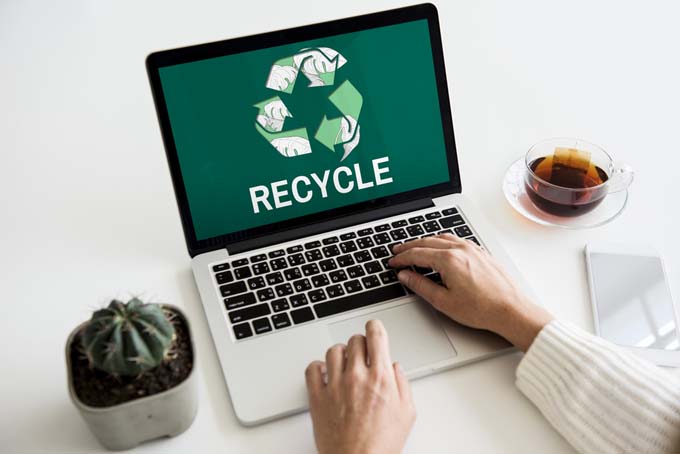E-bus in Zurich neighborhoods
Zurich's public transport company VBZ is testing a new e-bus for outer districts. The goal is the complete electrification of the fleet.

Verkehrsbetriebe Zürich (VBZ) will be testing an electrically powered bus on neighborhood bus routes from October 2016. The findings from the two-year trial operation will form the basis for the planned series procurement. The use of the neighborhood eBus is part of the electrification strategy "eBus VBZ": In addition to the procurement of articulated hybrid buses, this also includes the conversion of lines 69 and 80 to trolleybus operation and the lighthouse project "SwissTrolley plus".
Already today, VBZ transports about 80% of its passengers with electronic means of transport, i.e. streetcars and trolleybuses that run on renewable energy from EWZ. VBZ would like to further increase the share of electrically powered vehicles in order to further reduce primary energy consumption, greenhouse gas and noise emissions, and dependence on fossil fuels.
The technological development of eBuses has advanced considerably in recent years and is being closely monitored by VBZ. The deployment on neighborhood bus routes is intended to test the practicality, technical characteristics and operational impact of electrically powered neighborhood buses for Zurich.
Reloading in the garage
The VBZ quarter buses in operation today cover up to 300 km per day. The available storage capacity of the batteries of eBuses available today is not sufficient for a complete daily performance without intermediate charging. For this reason, eBuses must be recharged during use, for example at terminal stops; this requires a special charging infrastructure. Another option is to replace vehicles with low battery levels on a scheduled basis during the day and recharge them in the garage. Since neighborhood buses usually run at less dense intervals, VBZ pursues recharging in the garage. This approach is suitable for neighborhood buses, because mainline charging stations would only be underutilized here.
Hybrid buses as a bridging technology
VBZ's electrification strategy also includes the use of eleven articulated hybrid buses to replace part of the diesel bus fleet. These buses have a partially electric drive train and bridge the gap between conventional diesel buses and electric vehicles. According to experience with a rented hybrid articulated bus, which has been in regular service with VBZ since March 2015, fuel savings of around 25 percent compared to comparable diesel buses are possible. The new articulated hybrid buses will be in service from mid-2017.
Source: VBZ









